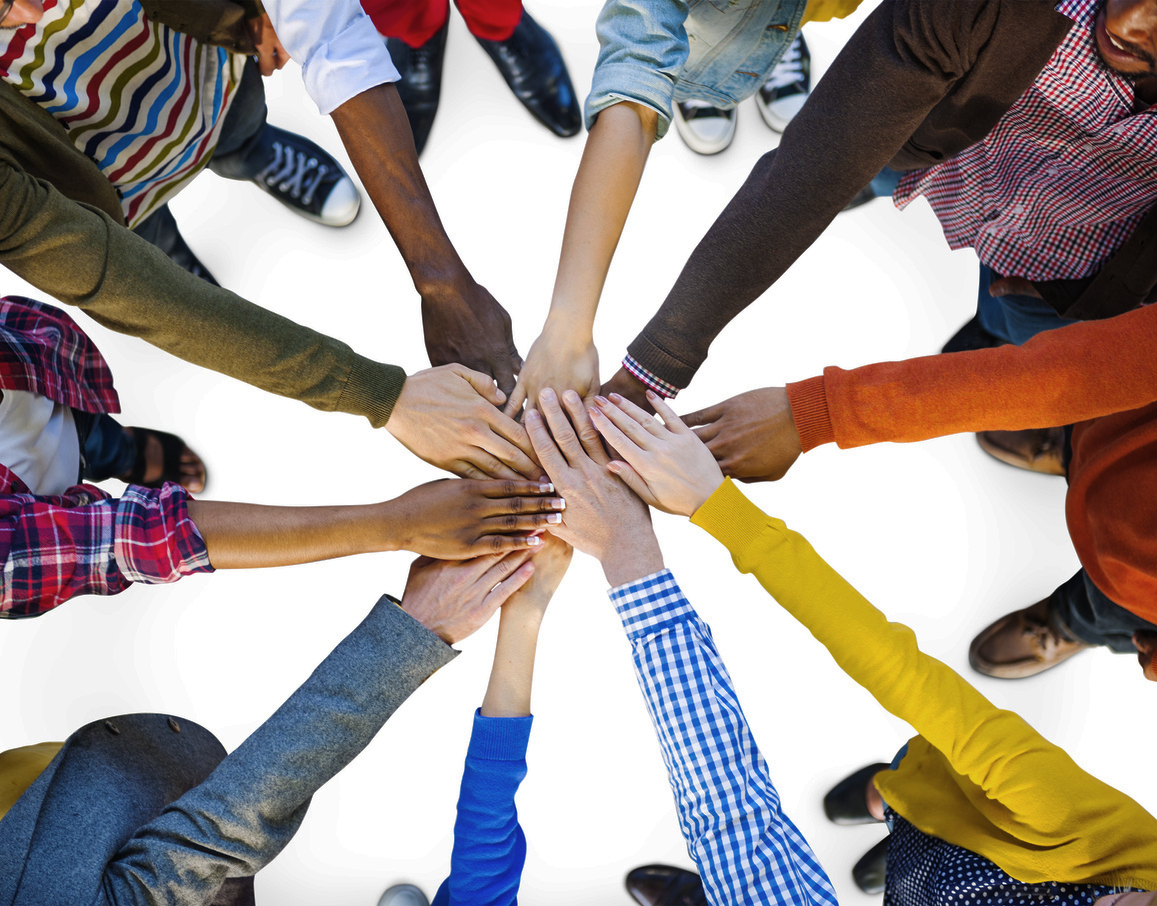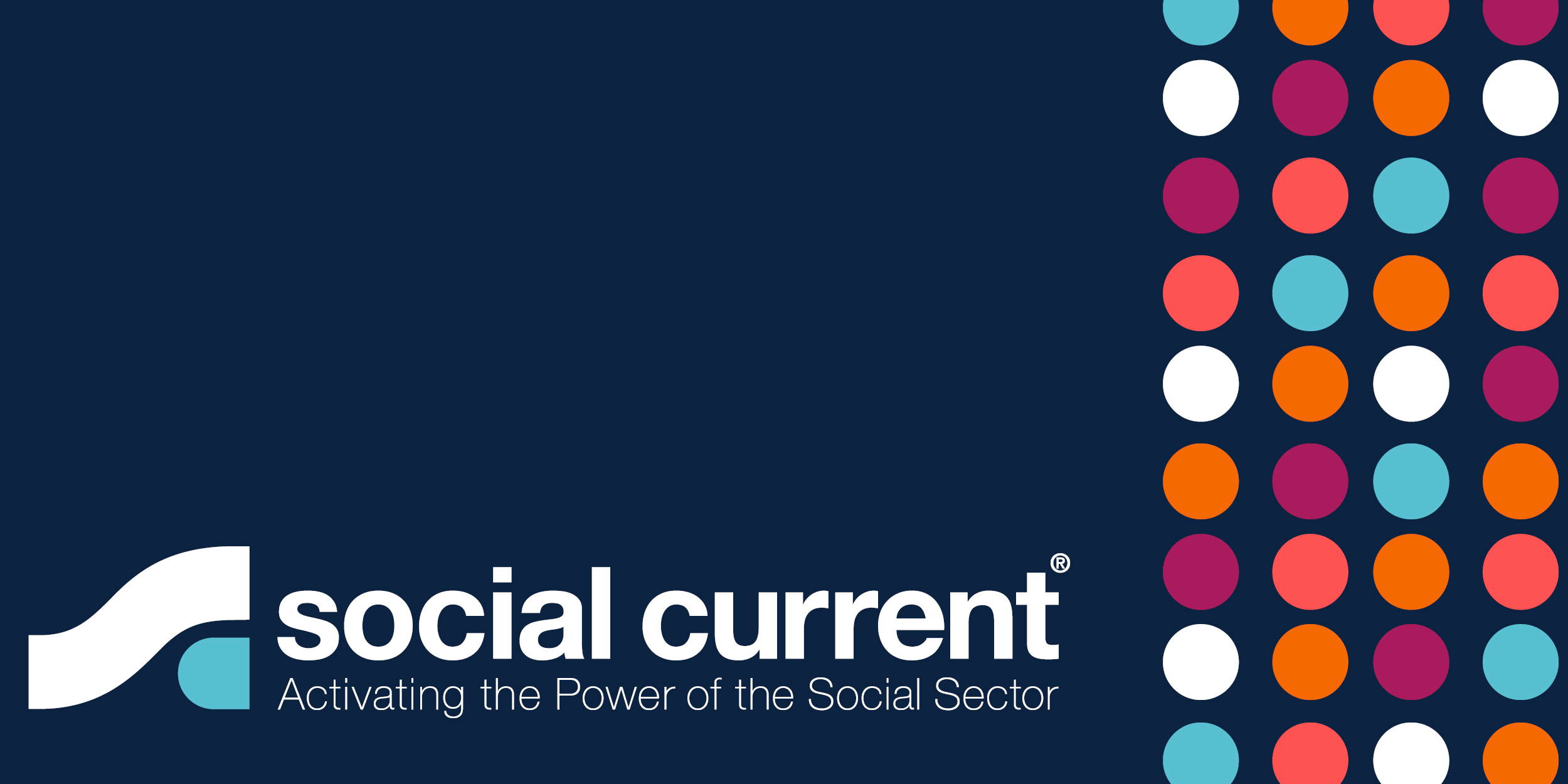News
New Resource for Teaching Financial Literacy to Individuals with Intellectual Disabilities
People with intellectual disabilities and their families disproportionately experience poverty and economic instability. However, community-based organizations can play an important role in promoting independence and well-being through financial literacy education.
To help organizations teach spending and saving basics to individuals with intellectual disabilities, Bank of America has developed two sets of Better Money Habits® tools. These free tools can be incorporated into existing programming and include presentations, resources, videos, and more. Choose from the various tools to customize the learning to your specific audience, amount of time, and type of program or event.
Getting Started: Learn How to Use the Better Money Habits® Tools
Social Current and Bank of America have prepared an on-demand train-the-trainer series to introduce the tools to program staff at community-based organizations. The videos offer best practices and tips for using the resources and delivering the lessons.
The series is free and available to everyone. Just log in or create an account to enroll.
Learn more and access the train-the-trainer series.
After watching the train-the-trainer videos, download the Better Money Habits® tools from Bank of America. These tools were developed in cooperation with the National Disability Institute as well as the Special Olympics.



